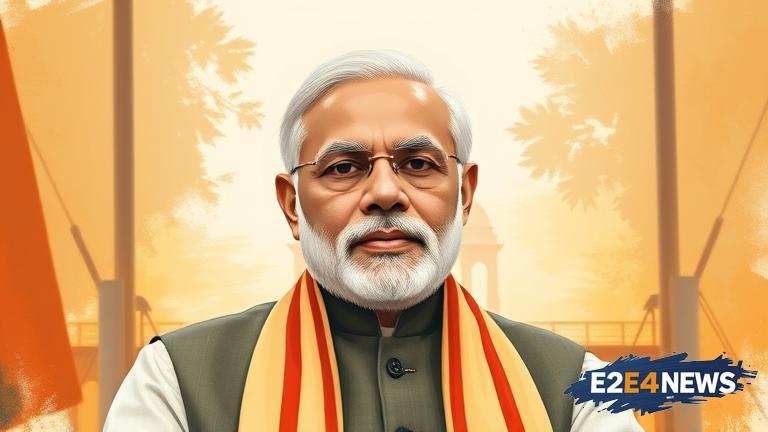In a significant development, the Delhi High Court has overturned an order by the Central Information Commission (CIC) that had directed the University of Delhi to disclose information about Prime Minister Narendra Modi’s degree. The CIC had earlier ordered the university to provide the information under the Right to Information (RTI) Act. However, the Delhi High Court has now set aside this order, citing exemptions under the RTI Act that allow for the withholding of personal information. The court’s decision is seen as a major victory for the Prime Minister’s Office, which had argued that the disclosure of such information would be an invasion of privacy. The controversy surrounding PM Modi’s degree has been a long-standing one, with opposition parties and activists repeatedly questioning the authenticity of his educational qualifications. The University of Delhi had earlier confirmed that PM Modi had graduated from the university, but had refused to provide further details, citing confidentiality agreements. The CIC had taken up the matter after a RTI application was filed by an activist seeking information about PM Modi’s degree. The commission had ordered the university to provide the information, but the university had appealed against the order in the Delhi High Court. The court’s decision is likely to put an end to the controversy surrounding PM Modi’s degree, at least for the time being. The opposition parties and activists who had been demanding the disclosure of this information are likely to be disappointed by the court’s decision. The RTI Act is a powerful tool that allows citizens to seek information from public authorities, but it also provides for certain exemptions, including the protection of personal information. The Delhi High Court’s decision highlights the importance of balancing the right to information with the need to protect individual privacy. The case has significant implications for the interpretation of the RTI Act and the limits of transparency in public life. The court’s decision is also likely to have a bearing on similar cases in the future, where the disclosure of personal information is sought under the RTI Act. The Prime Minister’s Office has welcomed the court’s decision, saying that it vindicates their stand that the disclosure of such information would be an invasion of privacy. The opposition parties, on the other hand, have expressed disappointment at the court’s decision, saying that it undermines the spirit of transparency and accountability in public life. The case has also sparked a debate about the role of the RTI Act in promoting transparency and accountability in public life. While some argue that the Act is a powerful tool for promoting transparency, others argue that it can be misused to harass and intimidate public figures. The Delhi High Court’s decision is likely to be seen as a significant development in this debate, highlighting the need for a balanced approach to transparency and privacy. The case is also a reminder of the importance of respecting individual privacy, even in the context of public figures. The court’s decision is likely to have far-reaching implications for the way in which personal information is treated in public life, and is likely to be closely watched by scholars, activists, and policymakers. The controversy surrounding PM Modi’s degree has been a long-standing one, with many twists and turns. The Delhi High Court’s decision is the latest development in this saga, and is likely to put an end to the controversy, at least for the time being. The case has significant implications for the interpretation of the RTI Act, and is likely to have a bearing on similar cases in the future. The court’s decision highlights the importance of balancing the right to information with the need to protect individual privacy, and is likely to be seen as a significant development in the debate about transparency and accountability in public life.
